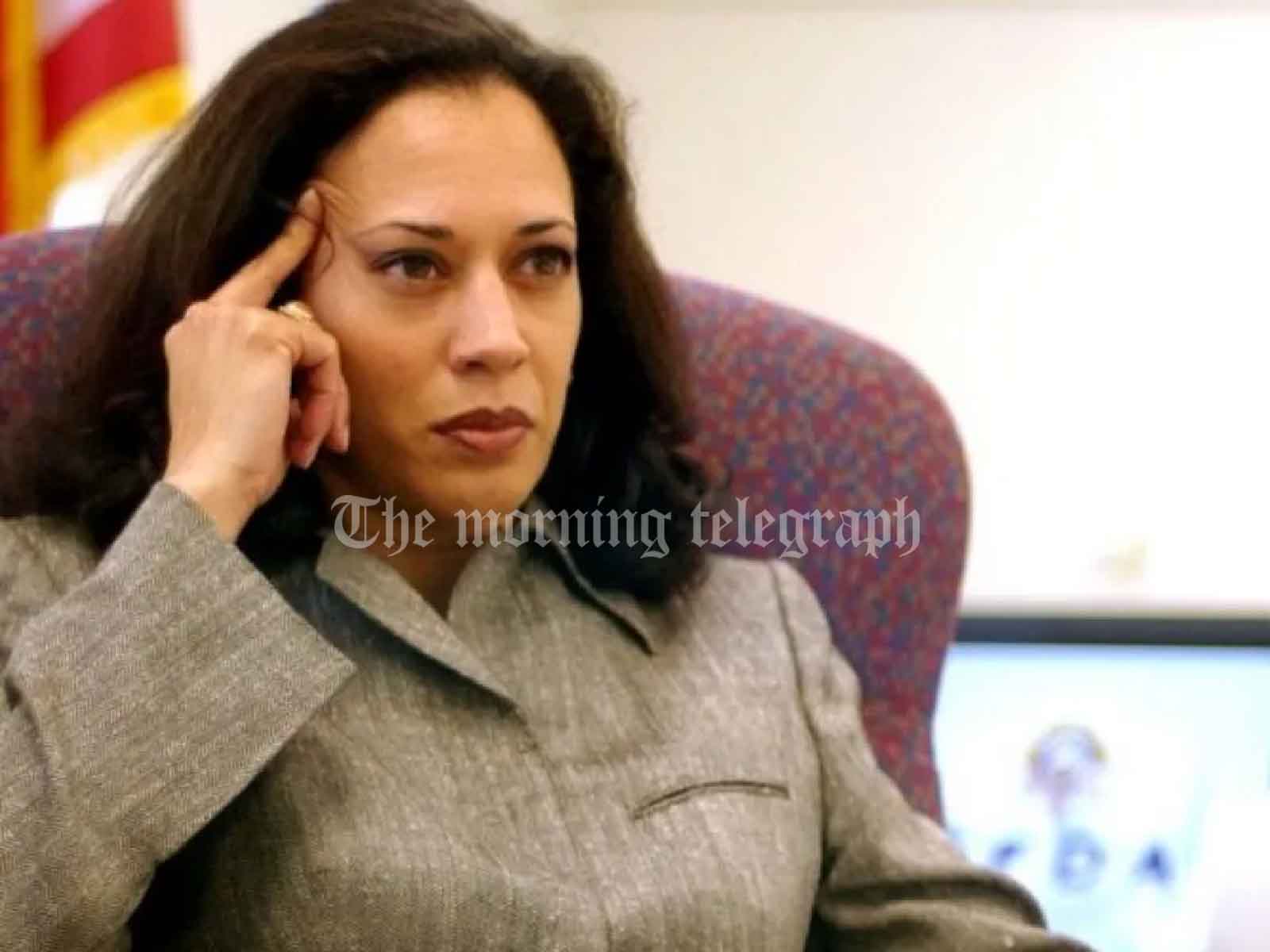
Vice President Kamala Harris recently made a defining speech that framed her past in law enforcement as a foundation for her campaign to succeed Joe Biden as the Democratic nominee for president. As Harris stepped into the spotlight, she quickly outlined her prosecutorial background, emphasizing her record of tackling tough cases and calling out her opponent, Donald Trump, as someone she claimed to “know” well from years of taking on lawbreakers.
In a season where crime and law enforcement remain highly charged issues, Harris’s years as a prosecutor have re-emerged as a cornerstone of her public image. In a campaign that has only months to go, Harris is crafting a narrative of herself as a “tough prosecutor” while simultaneously fielding criticism from both the political right, who view her as a “San Francisco liberal,” and the left, who argue she hasn’t been progressive enough in her approach to justice reform.
Early Legal Career and Prosecutorial Experience
Harris’s career began in the 1990s as a junior prosecutor in Alameda County, California, an area experiencing high levels of violent crime during the “war on drugs” era. Colleagues remember this period as grueling, handling intense cases often involving street violence, gang-related crime, and severe narcotics offenses. It was during these years that Harris first developed her confidence in the courtroom.
Her prosecutorial ascent continued in San Francisco, where she eventually took a position at the district attorney’s office. By 2003, after an election campaign supported by prominent local figures, she had become the city’s district attorney. During her time in office, she honed her public identity as a tough yet forward-thinking leader, supporting progressive “smart on crime” initiatives but taking controversial stands that, at times, aligned her with traditional law enforcement policies.
Controversial Decisions on the Death Penalty
A pivotal moment came in 2004 when a San Francisco police officer, Isaac Espinoza, was killed by a gang member. Amid calls for the death penalty, Harris, who opposed capital punishment, instead pursued life imprisonment without parole. The decision caused political backlash, including criticism from then-Senator Dianne Feinstein. But Harris stood by her decision, stating there could be “no exception to principle,” a stance that underscored her willingness to take hard stances, even when politically unpopular.
This firm opposition to the death penalty was tested again four years later when Edwin Ramon Umaña, an MS-13 gang member, killed three members of the Bologna family in a tragic case of mistaken identity. Harris faced the widow directly, a moment her colleagues recall as a difficult but significant show of her resolve.
Reputation as a ‘Progressive Prosecutor’ and Transition to Attorney General
Harris sought to balance criminal justice reform with tough-on-crime policies. She introduced job training programs for non-violent offenders and advocated for sex trafficking victims who were often treated as criminals. This nuanced approach built her reputation as a “progressive prosecutor.” However, as she advanced to state attorney general, her focus began to shift, revealing her ambitions for higher office.
In her role as California’s attorney general, Harris increasingly engaged in national issues. For instance, she championed homeowners’ rights during the financial crisis, securing a significant settlement from major banks. Yet, critics argue that much of the relief funds ultimately didn’t reach struggling homeowners, raising questions about the impact of her efforts.
Harris also faced criticism from criminal justice reform advocates for backing policies that seemed at odds with her earlier progressive image, such as defending the state’s death penalty system in 2014, despite her personal opposition. Critics on the left began questioning her commitment to reform, while conservatives branded her as part of the “San Francisco elite.”
Navigating National Politics and the Shift to Center
When Harris launched her 2020 presidential campaign, she leaned into her prosecutorial identity with the slogan “For the People.” However, her campaign struggled amid critiques of her prosecutorial record. Her candidacy was further complicated by the nationwide focus on criminal justice reform following the murder of George Floyd in 2020. Many liberals scrutinized her record, particularly her stance on prison overcrowding and her mixed approach to the death penalty, ultimately derailing her primary run before voting began.
Now, as she steps back into the presidential race against Trump, Harris appears to be adapting once again. Instead of distancing herself from her prosecutorial background, she has reframed it as a critical asset, contrasting her legal experience with Trump’s criminal convictions. In doing so, Harris is not only addressing Democrats but appealing to moderate Republicans and independents, particularly those disillusioned by Trump’s controversies.
This shift is evident in her stance on issues like border security and healthcare, where she has pivoted closer to the center. These moves have prompted Trump’s allies to label her a “flip-flopper,” suggesting she changes her positions based on political expediency. However, supporters argue this pragmatism reflects a deeper commitment to achieving meaningful outcomes over ideological purity.
Reinventing Her Identity
Harris’s journey from prosecutor to vice president has been defined by an evolving approach to her public image. As she now campaigns for the presidency, she’s leveraging a record that has shaped her as a complex figure – one with a long-standing commitment to law enforcement, tempered by moments of reform-minded pragmatism. Her allies argue that her flexibility is a political asset, allowing her to adapt to the changing demands of the electorate.
While Harris’s prosecutorial past may be polarizing, it provides a narrative she believes resonates with voters navigating fears over crime and safety. In what has become one of the most contentious and closely watched presidential races in history, her campaign will hinge on whether voters view her record as one of conviction or opportunism. As her former campaign manager, Brian Brokaw, puts it, Harris has always been underestimated, but has managed to “carve her own path” – a trait she hopes will guide her to the Oval Office.




